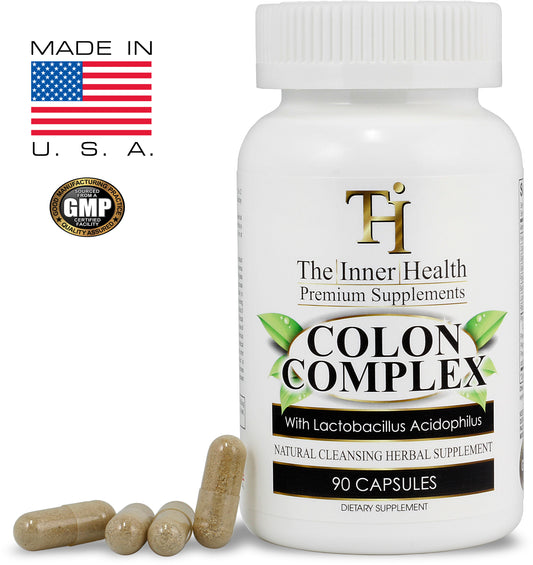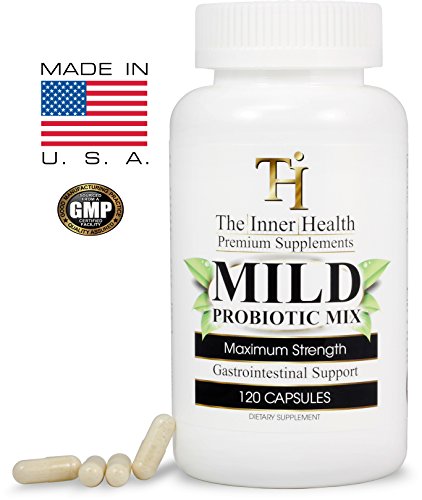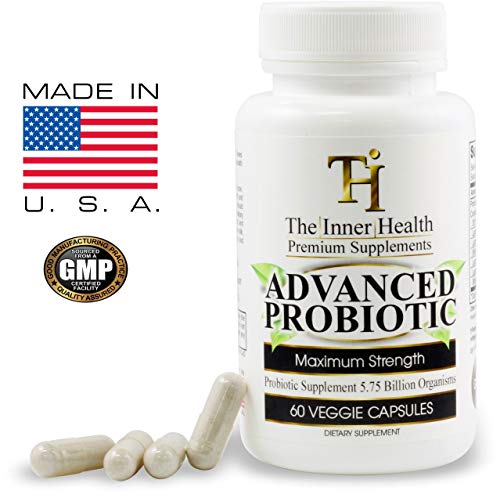Yoga is an ancient practice that has been used for centuries to promote physical, mental, and spiritual health. It has become increasingly popular in recent years, as people seek to find ways to improve their overall wellbeing. One way to enhance your yoga practice is to incorporate the power of turmeric into your daily routine. Turmeric is a powerful medicinal herb that has been used in traditional Ayurvedic and Chinese medicines for centuries. It is known for its anti-inflammatory and antioxidant properties, as well as its ability to support digestion, help balance hormones, and improve cognitive functioning.

What is Turmeric?
Turmeric is a natural orange root that belongs to the ginger family. The plant can grow up to six feet high and produces trumpet-shaped yellow flowers. It primarily grows in Central America and South Asia. While turmeric powder was initially used as a simple household spice in Indian cooking, its popularity has surged in recent years due to its vast array of scientifically researched health benefits.
What is Curcumin?
The curative properties of turmeric are derived from its principal active ingredient, curcumin. This naturally occurring chemical compound is responsible for providing the root with its bright yellow color and is the focus of modern scientific studies.
The Benefits of Turmeric and Curcumin Turmeric has been used in Ayurvedic medicine for over 2,500 years and was traditionally used to alleviate congestion and heal wounds, bruises, and skin conditions. In modern medicine, turmeric has shown to be one of the most effective nutritional supplements available. Multiple medical studies have highlighted its significant benefits for the body and brain. Here are eight ways incorporating turmeric into your daily diet can enhance your health and wellbeing:
-
Decreases inflammation: Curcumin in turmeric has powerful anti-inflammatory and antioxidant effects, which can help reduce inflammation associated with various diseases such as diabetes, Alzheimer's, arthritis, and cancer.
-
Stimulates circulation: Curcumin is believed to protect the heart by increasing blood flow and reducing LDL cholesterol levels.
-
Improves bone and joint health: Turmeric's anti-inflammatory properties make it a potent pain reliever that can help alleviate joint pain and prevent osteoporosis. Curcumin extracts have been shown to be as effective as ibuprofen in fighting pain and enhancing patient function, making it ideal for those with rheumatoid arthritis.
-
Makes your diet more Sattvic: As a calming, harmonizing, light, and pure food, turmeric is an ideal addition to a Sattvic diet, which is favored by many yogis looking to achieve spiritual insight.
-
Improves digestion: Turmeric's ability to enkindle the digestive fire leads to healthy digestion and immunity, making it efficient in treating gastrointestinal diseases like irritable bowel syndrome (IBS) and helping to rid the body of toxins.
-
Reduces depression: Curcumin has been found to increase dopamine and serotonin levels, leading to improved mood and acting as an antidepressant.
-
Improves cardiovascular health: Curcumin's anti-inflammatory properties make it an excellent addition to a heart-healthy diet.
-
Promotes weight loss: Multiple medical studies have shown that turmeric can aid in reducing weight, BMI, and waist circumference.

How to Use Turmeric There are various ways to incorporate turmeric into your diet, including golden milk lattes, turmeric tea, turmeric capsules, and turmeric powder. When consuming turmeric, it is recommended to consume it with black pepper, which contains piperine that enhances the absorption of curcumin into the bloodstream. As curcumin is soluble in fat, incorporating it into meals containing healthy fats can maximize its effectiveness.
Incorporating turmeric into your daily routine can lead to various health benefits, making it an excellent addition to any wellness regimen.




